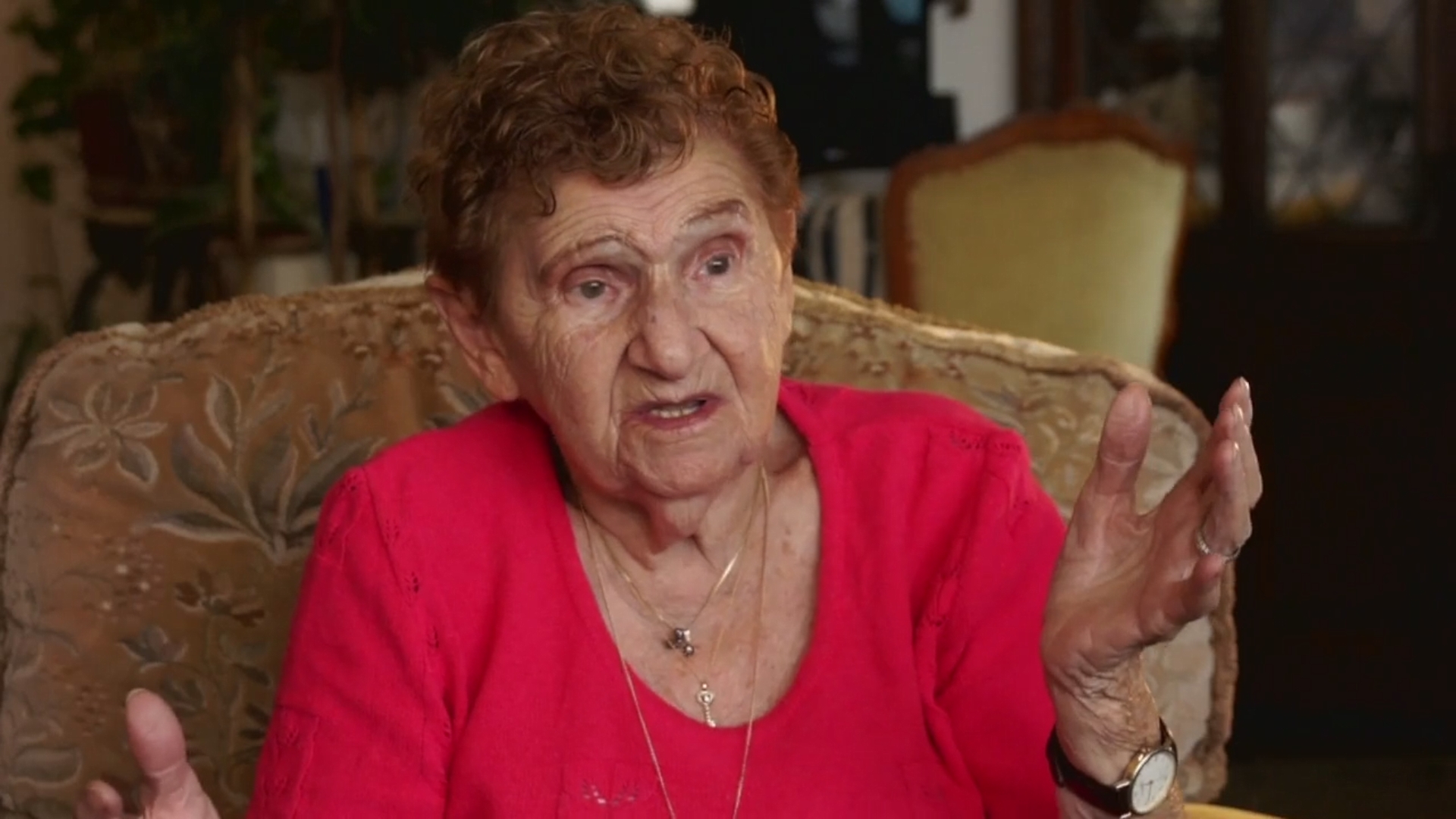
Documentary Film – The amazing survival story of Judith Angus and her twin sister, in Budapest during World War II. 41 min.
The whole catalog with all documentary and fiction movies, ready to watch.

Documentary Film – The amazing survival story of Judith Angus and her twin sister, in Budapest during World War II. 41 min.
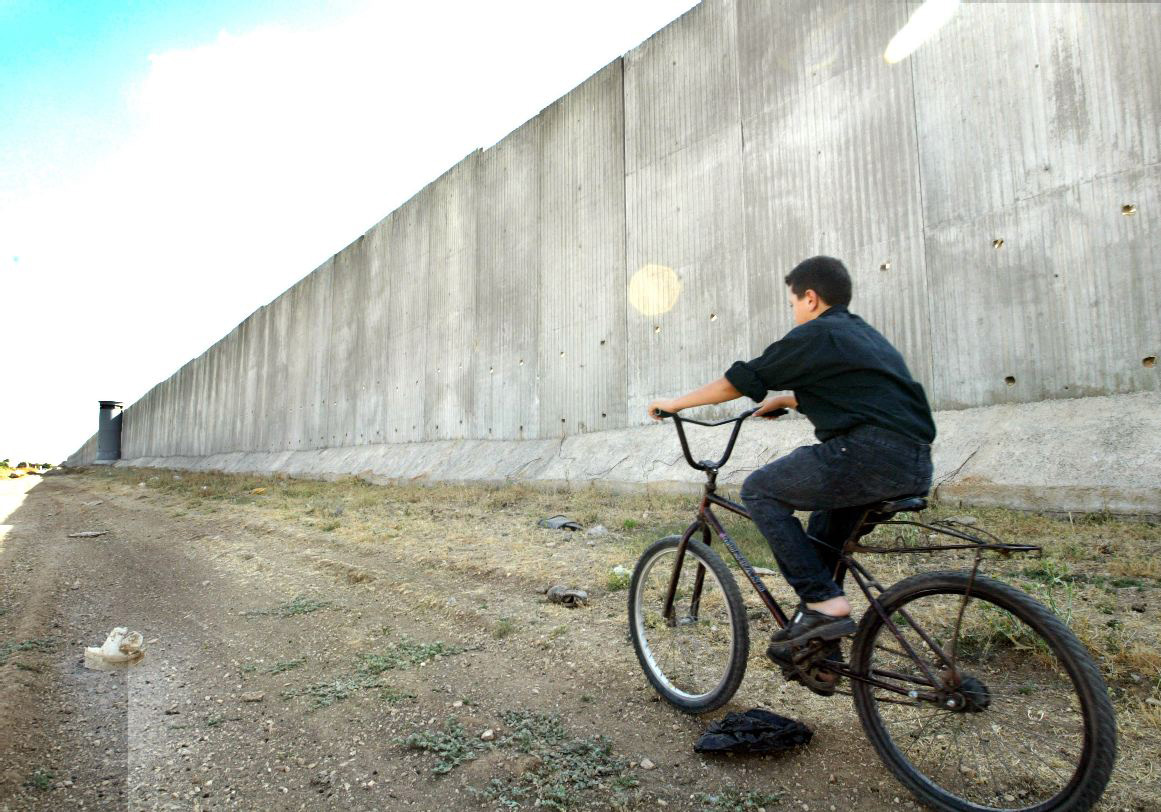

For the past ten years, the city of Sderot has been in the eye of the storm of the Israeli-Palestinian conflict. Situated a few kilometers from the city of Gaza, the life of Sderot residents has long become insufferable. The barrage of qassam missiles falling upon them like a nightmarish drizzle with no end in sight, intensifies the feelings of helplessness, suffocation and frustration that continues to grow from year to year. A city that once was a source of pride has over the years become a trap of death and despair.

Within this impossible routine, the city residents are forced to get up every morning and go to work in the factories situated in the area which are slowly closing, one by one, or to go out and try to salvage their failing private businesses. The school children, who were born with the qassam missiles and grew up in the shadow of fear, now spray graffiti on the fortifications scattered all over the city as missile shelters. Some of them remain closed in at home, while others go out in defiance of the missiles, and all of them dream of leaving.
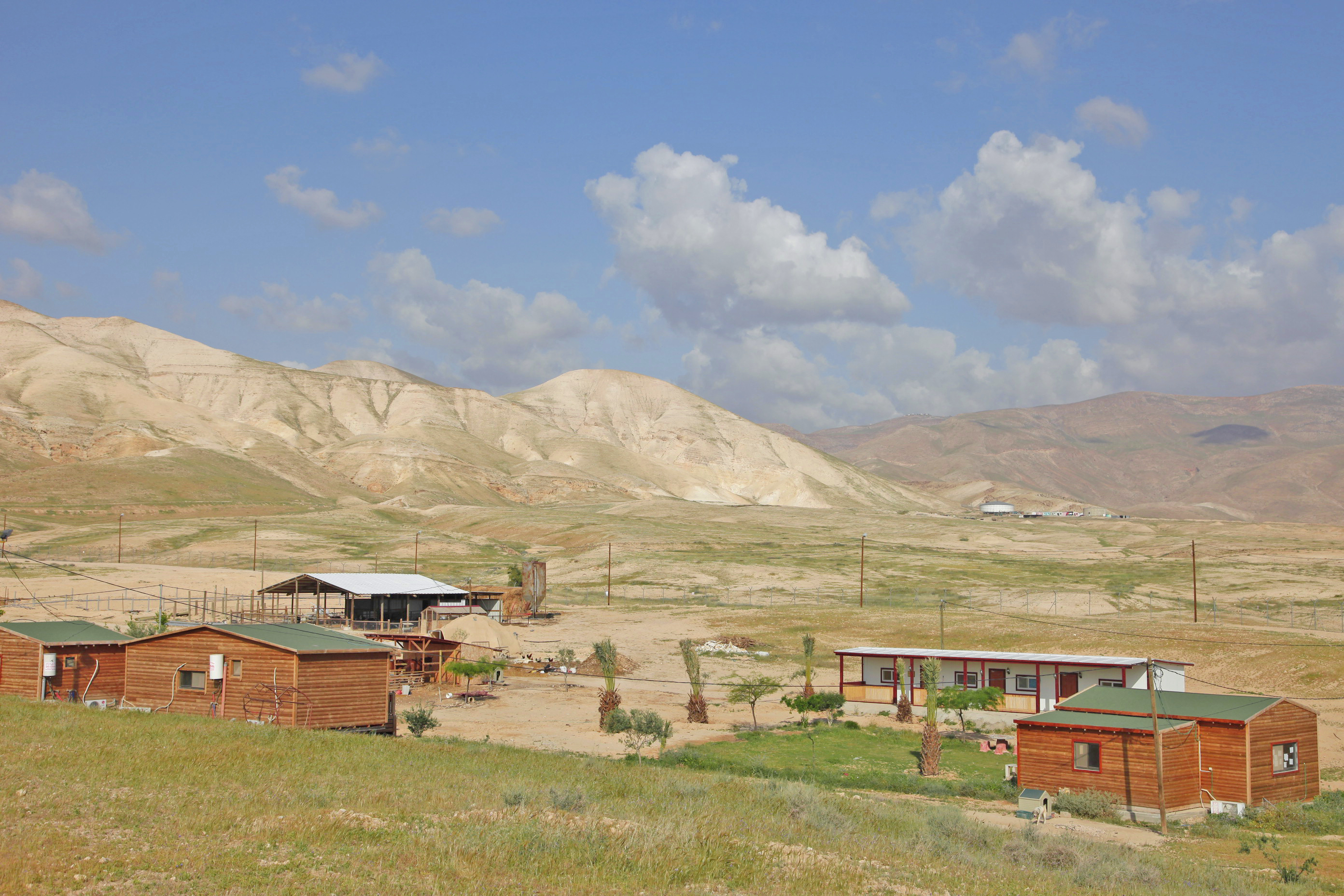
Adolescents at risk have become a growing problem in Israel and across the world, and the problem frequently originates in the household. Generation gaps can cause conflict within the family unit, where new thoughts and technologies clash with old world traditions and expectations.
In certain pockets of the Jewish orthodox world, families reject ideological differences in order to preserve the ways of their culture and ensure a legitimate legacy. Many communities are facing an exodus of their young, who turn to more modern values over those of their communities. These children escape the restrictive lifestyle, but feelings of guilt and pain become too much to bear. They fall victim to substance abuse, encounters with the law, and other harmful behaviors.
Our project chronicles the lives of three, struggling adolescents and their companions at the “Garden of Eden,” a rehabilitative farm for young girls at risk. The farm, founded by the Efraty Hasidic family, provides a home for girls who have been disowned from and abused by their educational and social systems – girls who once called the streets their home.
Through the eyes of these outcasts, one experiences the sexist dogma of ultra-orthodox lifestyle and the suffering endured through drug and alcohol abuse. In their desperate search for independence, the three girls recognize their fragile situations and mature into strong, young women. The meaning behind their stories resonates on a global level, for the struggle to save oneself is universal.
We are pursuing this project because there has been a significant increase in the amount of at-risk teens worldwide. One can see it in their neighborhood, their streets, and the news. There are teens everywhere abandoned by their families who turn to all manners of illegal activity.
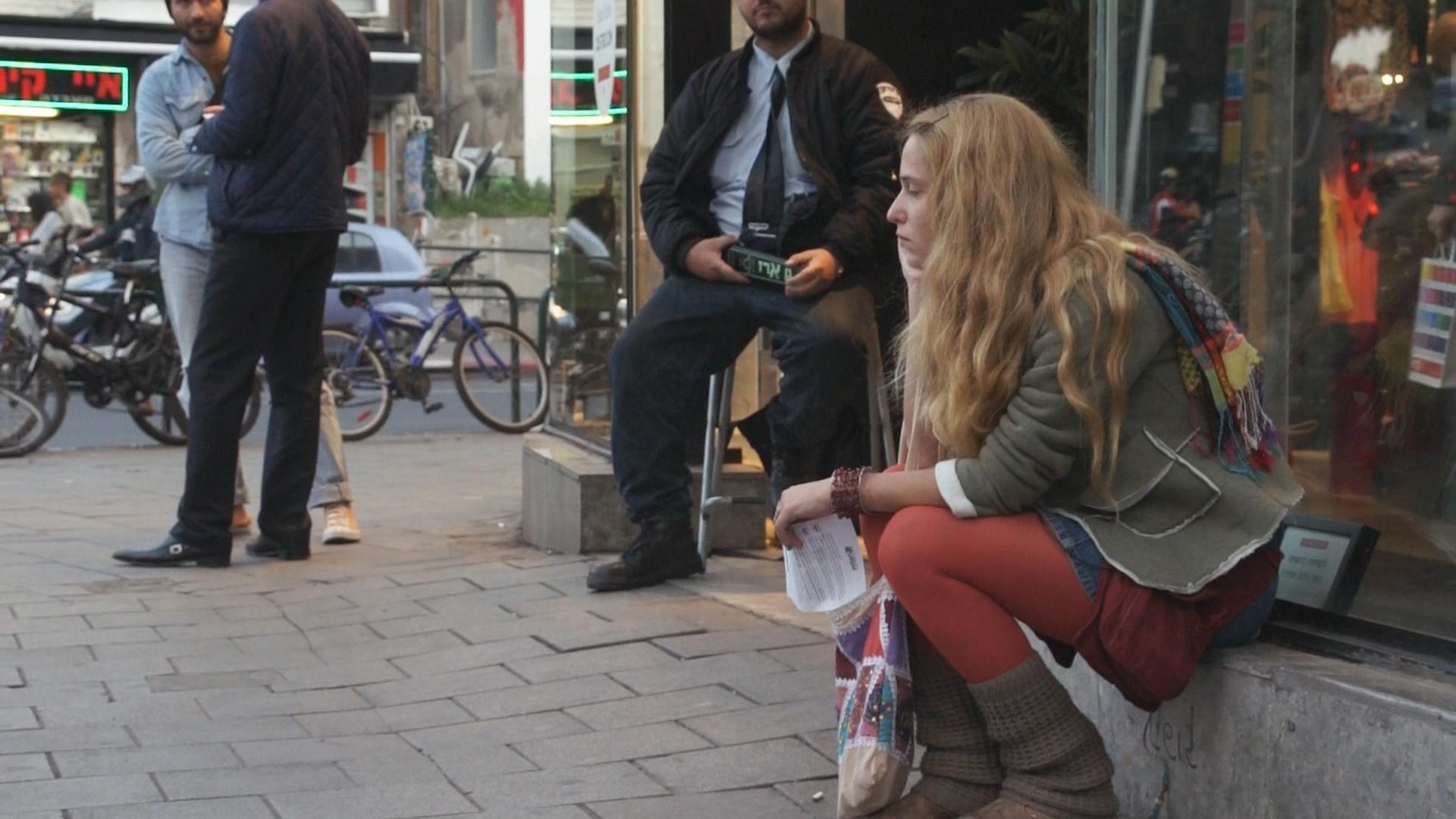
Yehudit, the film’s director, has spent her life in a religious community where abandoned youths are a common sight. Her understanding of their backgrounds inspired her to share their untold stories. These youths are shown not as criminals, but as young adults who have been misjudged by society and denied their freedom of expression.


Producer/Director: Avi Bohbot
Writers: Aviad Segal, Avi Bohbot
Running Time: 90 min
Languages: Enlgish, Hebrew
Source: Chaos Films Ltd.
Production Status: Development, fund raising
Krav Maga was established by Jews in the middle of the twentieth through their need to survive; a fighting style born of the appalling genocide of European Jewry and the battlefields of newborn Israel. Nowadays Krav Maga is taught in every major city throughout the globe. There are hundreds of thousands of both Jews and non-Jews learning it. This film is the first to tell the thrilling and remarkable story of the Israeli-made martial-method – Krav Maga.
The Film will be a 90 minute full length feature intended for wide theatrical and television release all around the globe, including internet, VOD and DVD for private sale under the responsibility of a major distributor.
The movie will reveal the fascinating story of Imi Lictinfeld, a holocaust survivor. He came to Israel as an immigrant and trained the Palmach, the elite fighting force of the Hagana during the British Mandate of the 1940’s. After Israel gained its independence, he continued to train the subsequent Israeli Defense Force. He was mentor to Eli Avikzar. who was living on the streets of Netanya before Imi discovered him. Together, they both became leading figures of Krav Maga, with Imi as founder and Eli as the first Krav Maga black belt.
This story will bring people together. We want to reveal the new image of the Israeli warrior and its many complex layers to large audiences for the very first time, in the most spectacular way possible.
We will use various and new post production technologies such as animation to emphasize the action and drama of this film, making it thrilling documentary as well as an informative one. This will give an exciting yet insightful perspective on what makes Krav Maga the efficient and much used martial art that it is today.
Each copy of the DVD that will be released will also contain a video guide of the basic Krave Maga drills, allowing people to understand the methodology behind the Krav Maga as well as obtain basic tools for self-defense.
There will be various language versions of the film produced for major markets.
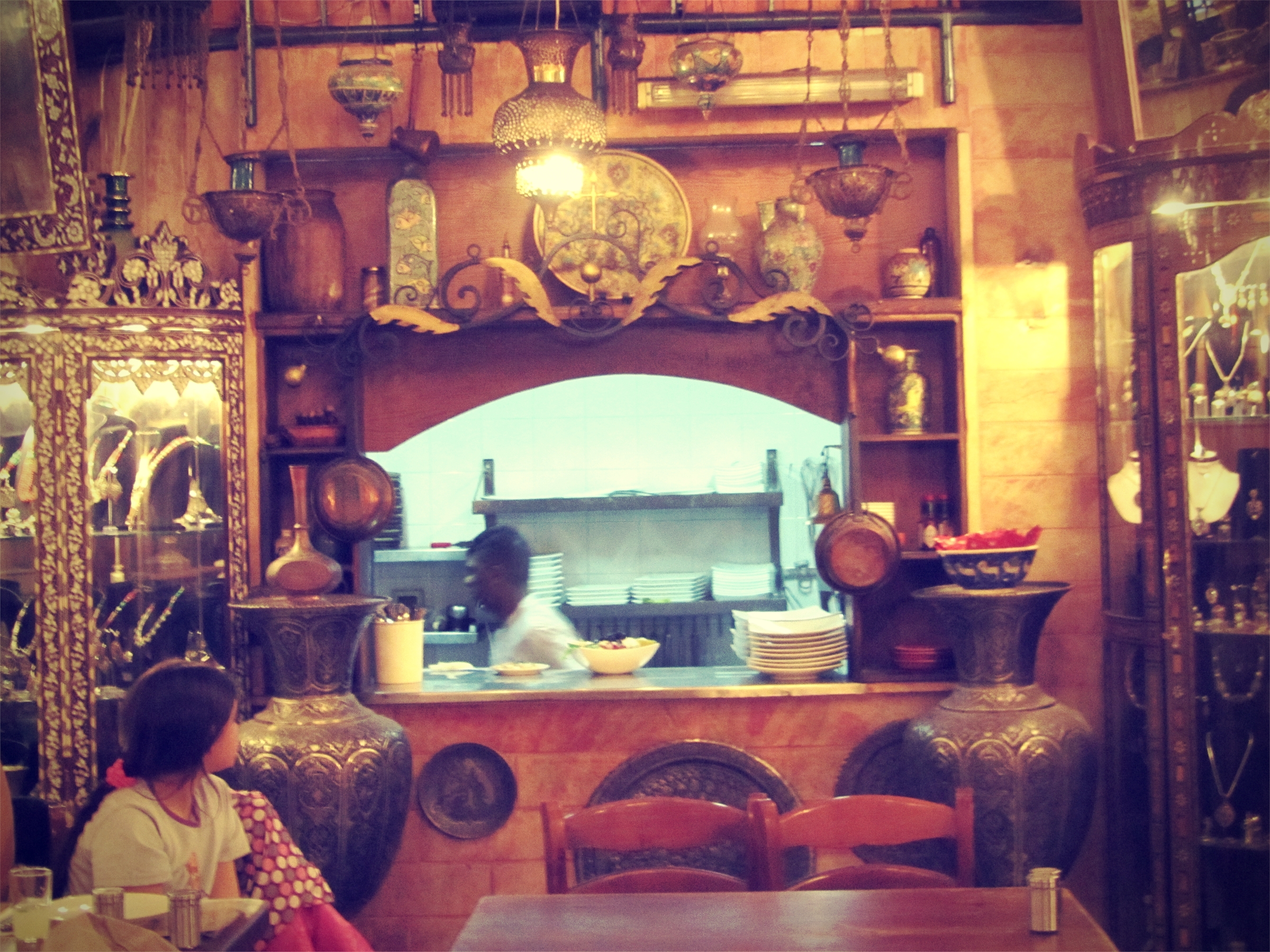
Director: Yana Shekhter, Svetlana Putko
Producer: Avi Bohbot
Format: Video HD,
Duration: 52 Min.
Language: English, French, Spanish, Hebrew, Portuguese, Arabic, and more
“Tell me what you eat and I will tell you who you are!”
Food is not just a collection of groceries. It is a culture, a way of life, and philosophy. No wonder the national cuisines are like dictionaries – phrase books which help to understand the language of a people. The people of Israel love to eat, and love to argue where to eat. Therefore, in order to master the “Israeli language,” we want to personally acquaint viewers with the restaurants and cafes of the Jewish state.
The turbulent and complex history of the country’s “three religions” did not contribute to the birth of a unified culinary culture, therefore, in Israel there does not exist what could definitely be called “Israeli cuisine.” The Arabs, remaining within the territory, lay down their own culinary style. Sephardic Jews, who came from Southern Europe and North Africa, added something of his own. Ashkenazi Jews, immigrants from Northern and Eastern Europe, were brought to the promised land with their own customs. That is why this country’s kitchens are as diverse as its culture. To all this, add globalization and modernization, and get a culinary portrait of the Old City.
In our film, we want to present stories of four restaurant and cafe owners in the Old City of Jerusalem. As you know, this place is a collection of different religions, ethnicities, cultures and customs. People with different ideologies and religions live side by side in an area of 0.9 sq.km. Our four protagonists are living in four different areas of the city. Although they live 20 minutes from each other and have similar lifestyles, they probably have never met. They enter the city through different gates, yet shop in the same markets and are equally delighted by guests.
Visual
In order to reflect the rich tapestry of colors and textures that Israel presents, we are planning to combine different formats, styles, and techniques. We’ll shoot most of the film in color on a digital camera, but some of the sequences will be shot on film, and some will be black and white.
We will use crosscutting and using multi-image screens to show the relative characters of our film.
In the film’s sound design, we will use natural sound (sounds of kitchens, markets, street musicians, etc.). We will also focus on the details of the interior, such as personal objects of our heroes, that will give them a more intimate and revealing portraits.
Treatment
The Old City of Jerusalem is a place where tradition runs thick. Aside from the centuries of religious strife etched into its stones, the traditional aspect is most apparent in the Old City’s dining options. Small, family-owned restaurants specializing in one or two traditional dishes abound, and legions of fiercely loyal customers have kept many of them in business for generations.

Our protagonists are residents of four different quarters of the city and representatives of different religions and faiths. For some time, we will follow the lives of our heroes and their restaurants. We will observe where and how they choose foods for cooking and learn the secrets of traditional food and family recipes. Spontaneously, we will celebrate national and religious holidays with them and get acquainted with their friends and relatives.
Currently, Israel is actively developing movement to save its supply of food. Volunteers come to the cafes and restaurants and ask the owners to share their surplus products, which are then sent to the poor. At the end of the day, the poor may have access to an exquisite steak or marbled meat from expensive high-end establishments. The volunteers come in all four restaurants to pick up surplus food for the needy. We will follow the work of the volunteers, and see who receives the dishes of our four restaurants.
Jerusalem is often called the Holy City, but exactly what emanates holiness is rarely discussed. For many people, Jerusalem derives its holiness not from the remnants of the Jewish Temple, not from its significance in the days of Jesus, and not from the mosques on the Temple Mount, but from one humble food item: hummus. Even if its religious and cultural sites were to disappear tomorrow, Jerusalem would still be a worthy tourist mecca just because of its hummus. In the Muslim quarter, we get to know the owner of Cafe Ramadan. In the back of the market is this place which only the most curious tourists would find. This is a small cafe, where for 200 years the Ramadan family has made hummus. Friends, family members, residents and occasional visitors come here after work. One may order tea or coffee, smoke, talk, watch TV, or get acquainted with neighbors. Mr. Ramadan compares himself and his family to a fish that can live only in the walls of the Old City. “If we get to the shore, we die,” he says, adding that his sons will someday continue his father’s business.
Small falafel stands have long been a symbol of Israel. In the maze of colorful streets of the Jewish Quarter hides a small place where locals and tourists come. The host, a second-generation owener, likes to speak with the guests, and often invites them to the family table. Tourists often come here to relax from the hustle of the Old City and Israeli’s come specially to eat their falafel. The place is never empty, because at few relatives are always present, keeping the owner company.
Jack, the youngest of four brothers and a former drug dealer, is now co-owner of a successful restaurant in the Christian Quarter. 7 years ago, the four brothers decided to leave their profession, to return to where they were born, and open a restaurant. In 7 years, the brothers have become successful businessmen. Now the restaurant feeds almost 60 people, including cousins and second cousins and other relatives. The owners prefer European food and service, and the restaurant is a symbol of their lifestyle.
Emil, a resident of the Christian Quarter, is a third generation Orthodox Christian and Arab. Emil lives near Ramallah, and every day comes to the Old City at 7am to work. He cooks cooks himself and no one is included in the process. Emil goes to the market and carefully selects all his products by himself. All the food should be flawless, as the family often has dinner in the restaurant, and his wife is his harshest critic.
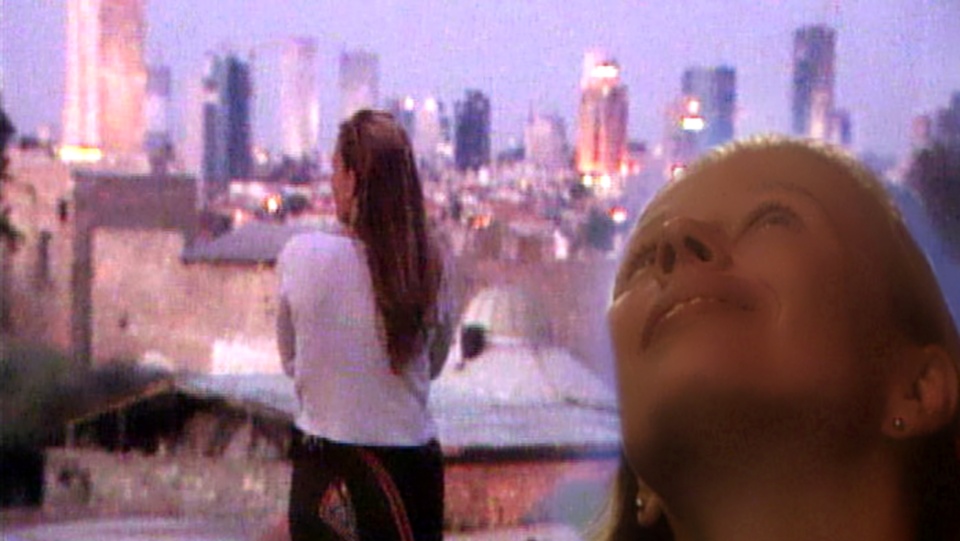
Documentary Drama > 50 Min. > Video Betacam > DVD > 4X3 > Hebrew, English/Hebrew subtitles
Director: Avi Bohbot
Writers & Producers: Yuval Delshad, Avi Bohbot
Release Date: Released in Israel, 2001
Distribution: Chaos Films Ltd.
Jerusalem Film Festival 2001
“Religion Today” Festival in Trento, Italy.

This is the story of Christine, a young, German non-Jew, daughter of a Protestant family, who immigrates to Israel. Fourteen years ago she dreamt about living in Israel, connecting her fate to both the land and the Jewish people, so she packed her belongings and left for Israel.
After spending several years living in Israel, she still feels like an outsider bearing the “Mark of Cain”, because of her foreign origin. Despite her numerous attempts to immerse herself in all aspects of society, Christine continues to run into a metaphorical glass wall. All too often she experiences the unspoken taboos of an outsider coming from different roots. She then discovers one of her dreams, and converts to Judaism, but even after her re-birth she finds that Israelis still won’t fully accept her, and that reality is not like her dream.


Docudrama Comedy > Miniseries > 4X27 Min. > Beta Digital > Hebrew
Director & writer: Avi Bohbot
Producers: David Silber, Micky Rabinovich, Avi Bohbot
Cast: Israel Ktorza, Jacky Levi, Rami Shtern, Nirit Dolberg, Yael Levental, Sharon Malki, Shlomit Arnon Barlev
Release Date: Released in Israel, 1998. Channel 2 “Reshet”
Source: Chaos Films Ltd., United King Ltd.
Episode 1: Where Are Those Days?
A dramatic TV miniseries with comedic undertones, exploring Israeli issues through the eyes and humor of special Israeli comedians.
Israel Katorza takes a bus to the old simple days of his childhood. A personal nostalgic journey to the naive seventies in Israel’s life.
Episode 2: Women’s Day
“The Girls”, 4 women actresses trying to find a definition for being a woman, something then can hold on to as a gender identity. They ask in kindergardens, schools, universities, and elderly houses for an answer.
Episode 3: One Day Good Will Come
Jacky Levi lives in the city he loves, Jerusalem. He makes a funny and truthful comedy that looks at a city torn into segments; Jews and Muslims, Israelis and Arabs, Religious and secular Sephardic an Ashkenazi.
Episode 4: Another Day
Rami Shtern is never satisfied, as we all are, he physically walks in the crowded streets of Tel Aviv and confronts everything and everybody. This is his nervous comic statement about the modern life of a modern man.
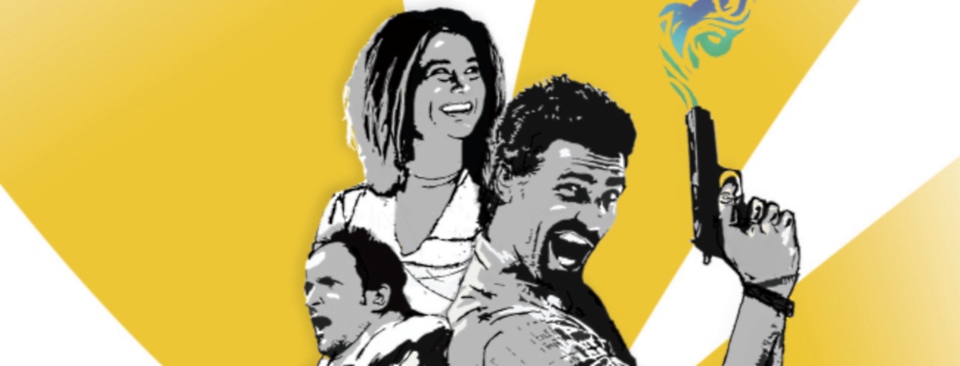
Jerusalem Syndrome | Road movie comedy | 87 Min. | 35mm | DVD | Dolby SR |16X9
Written & Directed: Emmanuel Naccache, Stephane Belaisch
Producers: Avi Bohbot, Amir Gedalya, Haim Bouzaglo
Cast: Lionel Abelanski, Dan Herzberg, Liron Levo, Lucy Dubinchek, Roni Hadar, Haim Znati, Albert Iluz, Gala Kogen, Emmanuel Halperin
Release Date: Released in Israel, 27 November 2008
Languages: Hebrew/French. English/French/Hebrew subtitles
Worldwide Distribution: Chaos Films Ltd.
Max Leibovitch is a high ranking official from the French ministry of Finance. Having just arrived in Israel for a very important meeting, he gets sick with the ‘Jerusalem Syndrome’ and begins believing that he is the prophet Jonas. Thus, like the Jonas from the bible, he tries to escape of his holly mission.
At the same time in Tel Aviv, a young Israeli named Avi returns from India to find that his love Ivana, a Russian prostitute working in Igor’s whorehouse in the suburbs of the city, has been sold to another pimp. So, he decides to free her at any cost.
For this purpose, he steals a collective cab, but only too late does he realize that the vehicle is not empty, and he ends up bringing along in his crazy project a colorful troupe of characters: Hadassah, a sexy soldier, shelly, a new age waitress on her way to a love and meditation festival in the desert, Ilan, a religious student from a French yeshiva on a special mission for his “rebbe” and of course the French Jonas.
With the furious Georgian pimp on their trail the passengers connect and bond in an exciting journey. Chased by the mafia, by the police and by the French consul in Israel, their adventure will take them from the Holy City to Tel Aviv, to the sea-shore and finally to the middle of the desert where the adventure will climax in a love and meditation festival.
Emmanuel Naccache and Stephane Belaisch, long-time friends, co-wrote and co-directed “The Syndrome of Jerusalem”. Both of them were born in France and have been living in Israel over the last years. Because the international media only relate Israel to tanks, soldiers and wars, most people don’t know that this small country is rich with an amazing natural environment and breathtaking sceneries that include desert, sea, antique cities and more and that make it a perfect location for a road movie. But more than that, they were inspired by the spirit of freedom so specific to the Israeli youth, the research for love, tolerance, emotion and happiness, which they believe should inspire people all around the world. This is their first movie.
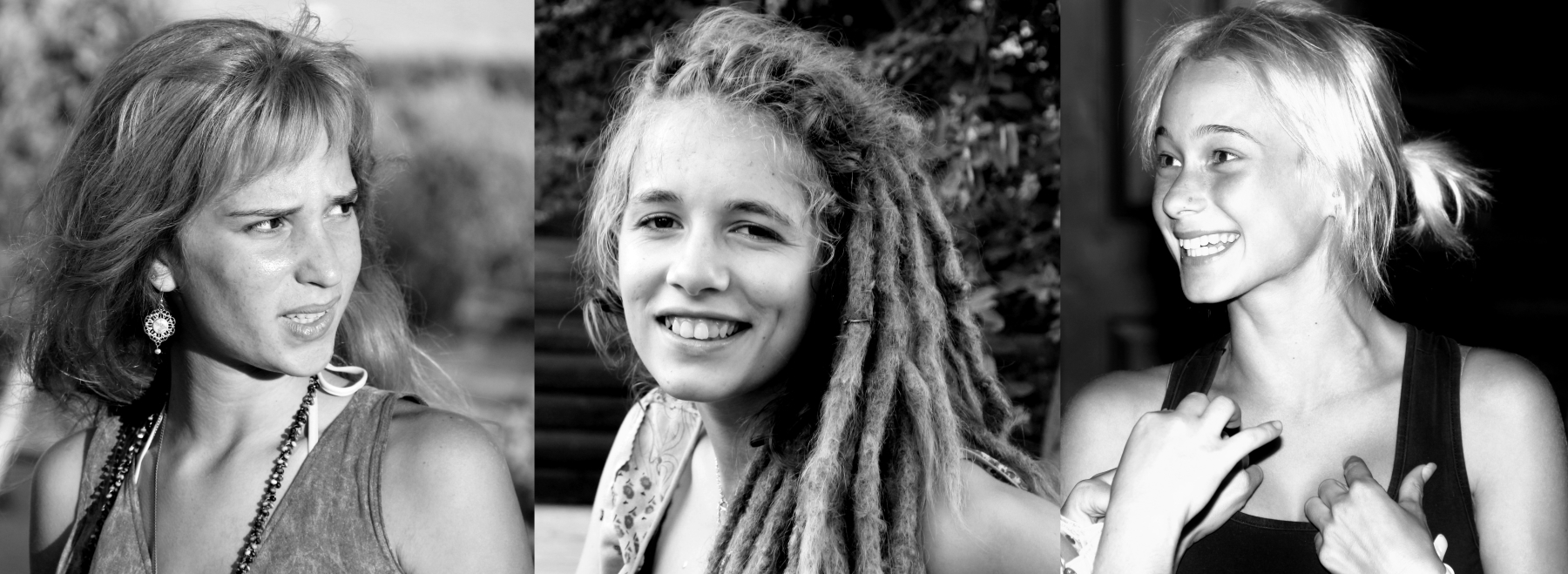
K., a wildly independent 17-year-old with piercings and dreadlocks, ran away from her family at age 15 to escape the burden of living with her unemployed parents. A., a charismatic 18-year-old, ran away from home at the age of 13 because of the pressures her family forced upon her. T. struggled with her strict Haredi family, dropped out of religious school and ran away from home.
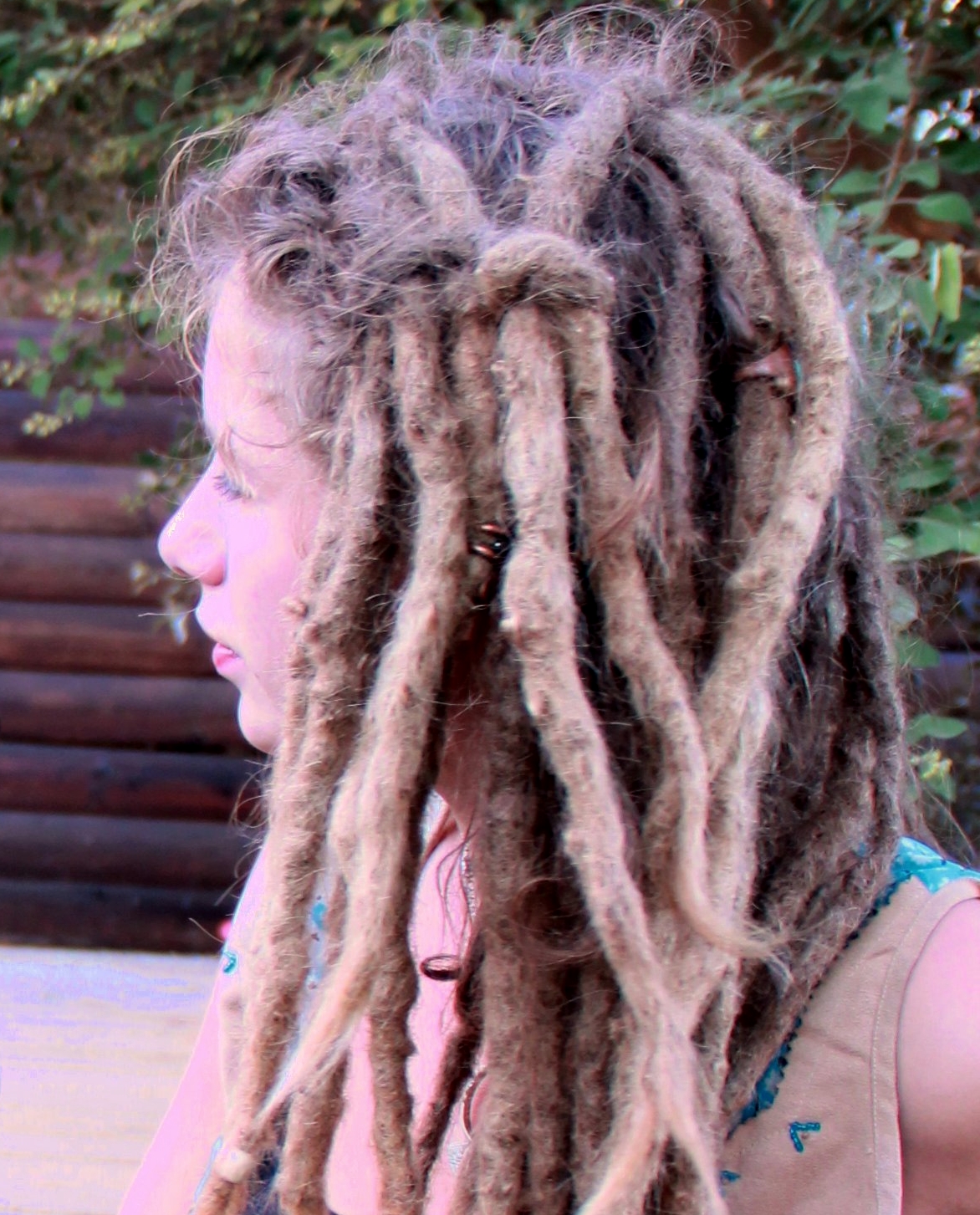
The three girls spend years on the streets until the Israeli Government intervenes. With their lives in disarray and nowhere else to turn, these runaways have no choice but to comply with the welfare authorities’ decision to have them sent to the “Garden of Eden” farm.
Here, the three girls join others and are put to work on the farm. They cook, clean, paint, plant trees, and care for the livestock. In their spare time, the girls socialize with their peers and study to complete their high school education.
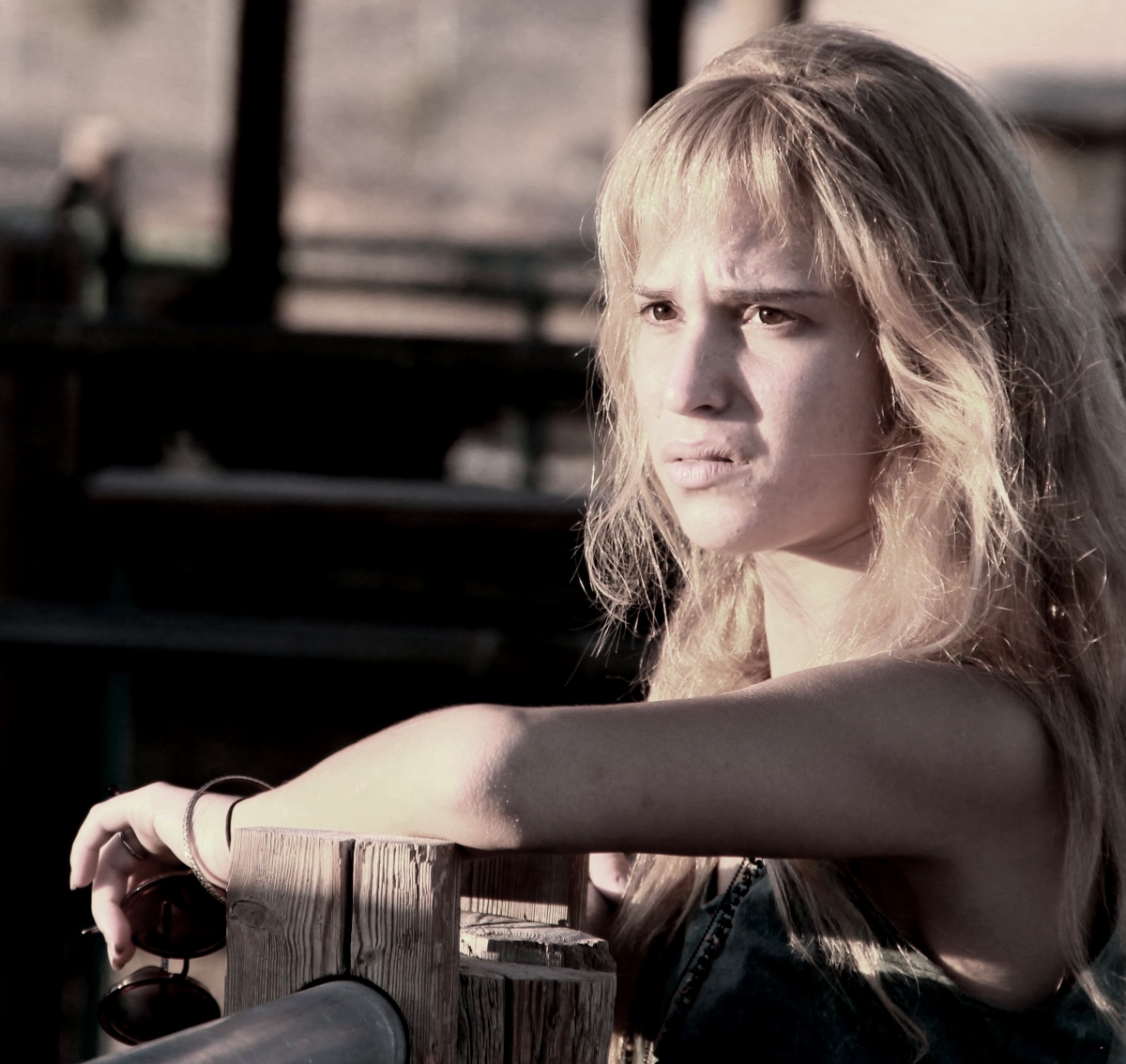
Amidst this, A. continues to struggle with her alcoholism. As her situation deteriorates, Nir gives her an ultimatum; she must either stop drinking or leave the farm. Meanwhile, K. struggles with the staff as she breaks the rules and encourages others to do the same. When suspected of possible drug possession, she faces the prospect of going to a juvenile detention center. Distraught by such a threat, she flees to the United States for a few months in an unsuccessful attempt to escape her problems. Difficult decisions must be made for each sensitive situation– but will these choices help the girls escape to liberated independence, or trap them further in a life of drugs and regrets?
This film explores the fragile healing process that at-risk adolescents undergo in a rehabilitative environment. Living in an isolated location provides K., A., and T. with the necessary space to reevaluate their lives. The desert beauty, independent lifestyle, and satisfying work help these youths to re-ignites a sense of purpose in their lives. The Garden of Eden farm motivates them to heal more effectively than any other rehabilitation center in Israel.
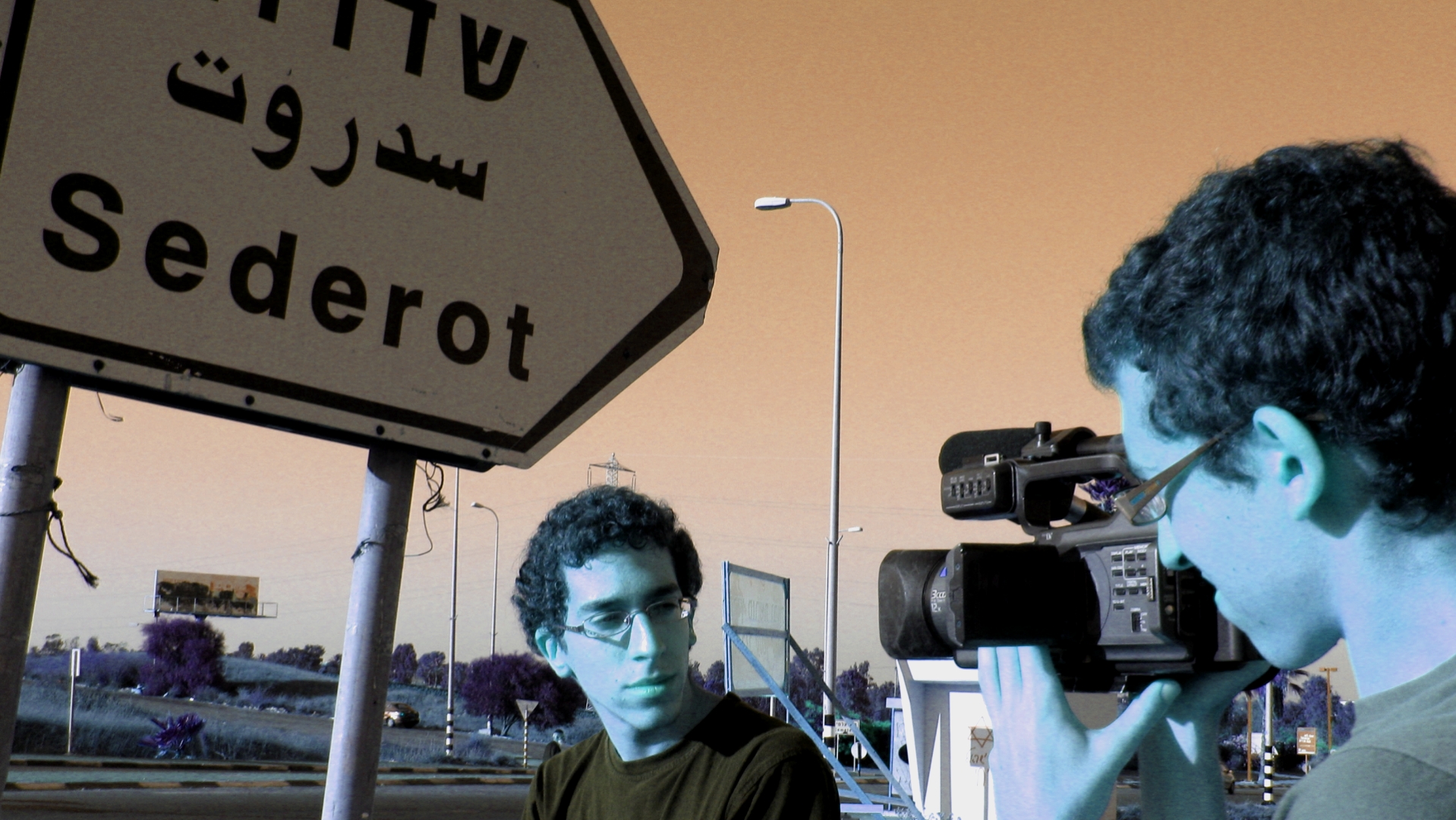
Director: David Kreiner \ Writer: Shlomi Elkabetz, Michal Vinik and David Kreiner\ Producer: Avi Bohbot\ Languages: French, English, Hebrew, Arabic\ Production Status: In Production and Fund Raising
Following professional and familial crisis filmmaker Yaron Barlev moves from Tel Aviv to the city of Sderot to teach high school students. The encounter between Yaron and his students inspires hope among them but is shattered upon the arrival of The Gaza War.
For the past twelve years, Sderot has been the heart of the Israeli-Palestinian conflict. The endless barrage of Qassam missiles falling upon Sderot intensifies feelings of helplessness, suffocation, and frustration. A city that once had a warm sense of community is now a death trap of despair. City residents are forced to work in dwindling factories and school children grow up in a shadow of fear. Some go outside in defiance of the danger while others stay at home, yet all of them dream of leaving.
Amalia Elbaz, the principle, asks Yaron to involve his students in “The Zionist Dream”, a short film competition. His troubled students have absolutely no desire to participate in anything patriotic. Yaron is accidentally exposed to real life in Sderot as well as his students’ potential and he assigns them to film their lives.
Ohad’s father, a policeman, disappeared two years ago and has abandoned him and his mother Yaffa, a popular hair dresser. Yossi, his father’s partner in the police force, spends a lot of time with Yaffa to help her cope and ends up falling in love with her. After winning Ohad’s approval, Yossi finally gets together with Yaffa and they all move on.
Libi is a cynical Caucasian girl who is rebellious against her traditional parents who want to marry her off in order to prevent her from going into the army. Music is her only escape, she desperately dreams of being a singer. She films her older sister, Caro, and her turbulent relationship with her fiancé, Herzel Kenizo, who has just gambled away their wedding money.
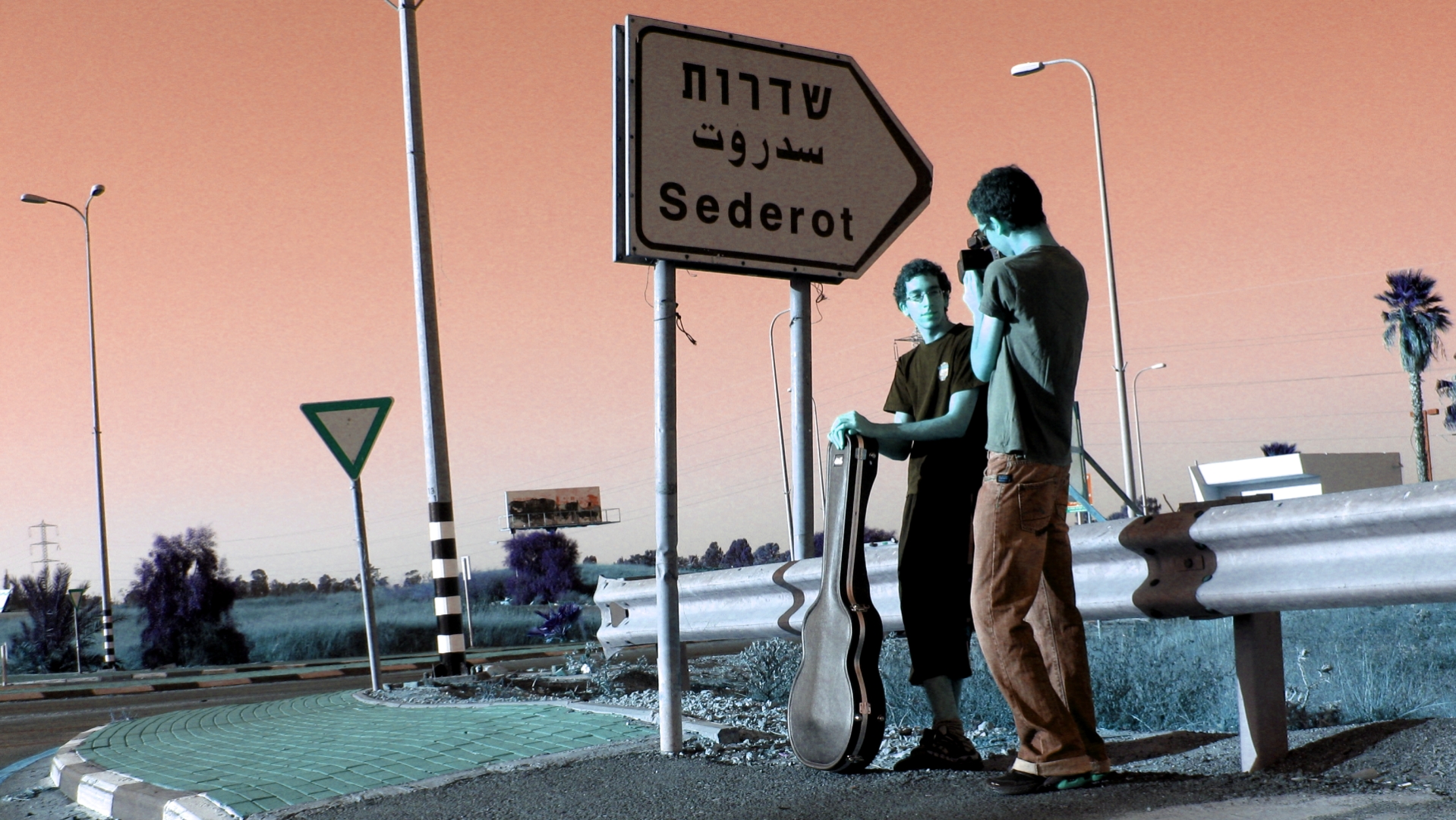
Erez, the “Fellini” of the class, focuses on writing a comedic script entitled, “The Road to Basel”. Starring Herzl, Caro’s fiancé, it describes the journey of Theodore Herzl, Israel’s founder, to the World Zionist Congress accompanied by a Bedouin. Their story provides comic relief as well as background and perspective to the present political situation.
Tal struggles with his hidden homosexuality while his abusive father is in a coma after being hit by a missile. Doctors try to persuade Etti, Tal’s grieving mother, to donate his father’s organs, while Tal tries to convince her to sell them to get out of Sderot.
When Amalia, the mayor, and potential school sponsors see Tal’s footage in class, they are shocked and appalled. She demands that they shoot more appropriate material for the competition but the students are reluctant to give up their films that bear the truth. They present Erez’s script to Amalia and receive her approval while they discreetly continue to work on their own projects at Yaron’s home.
A massive attack draws international media to the city and Yaron runs into his old friend, a producer who agrees to show the students’ videos on primetime television. The students and their families congregate at Yaron’s apartment to watch the premiere which is interrupted by news coverage of an approaching war and the students are devastated. Shortly after, Yaron is offered a job in Tel Aviv and leaves the city. Once again, the students of Sderot are left behind with nothing but each other and the sound of sirens.